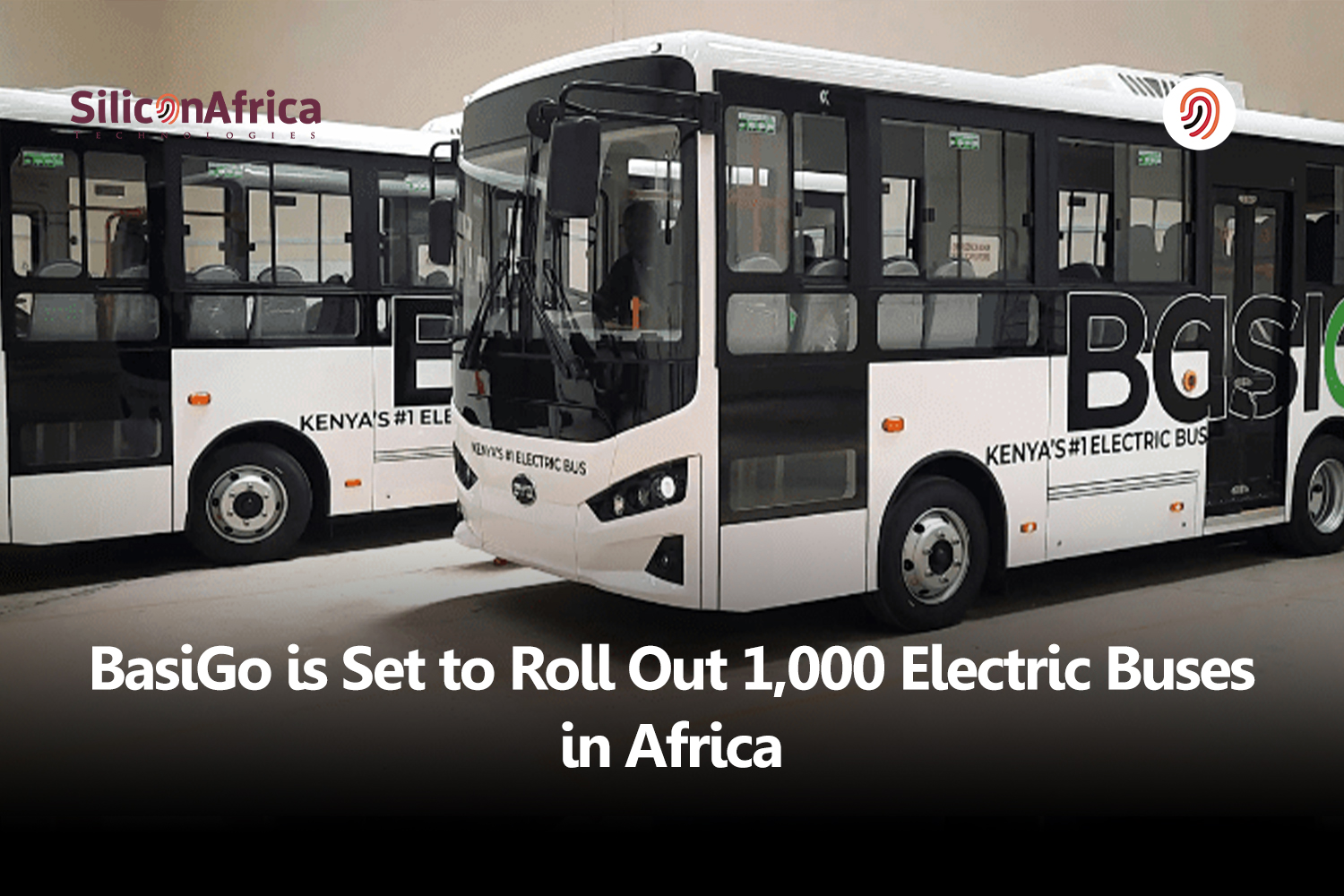Physical Address
60 Ekwema Cres, Layout 460281, Imo
Physical Address
60 Ekwema Cres, Layout 460281, Imo

BasiGo, the company that paves the way in electric mobility solutions in East Africa, has set a big goal: implementing 1,000 electric buses across the continent in the next three years.
This grand plan seeks to transform public transportation in Africa, opening a new chapter of cleaner and more sustainable travel for millions.

BasiGo’s strategy is not limited to just importing electric buses.
The company values local assembly and hence sets up production plants in Kenya to provide employment opportunities and produce vehicles that are suited to African conditions.
This focus on localization guarantees that buses can endure the unique road infrastructure and climate of the region while promoting the domestic electric vehicle (EV) ecosystem.
The journey of BasiGo to its 1,000-bus goal has been propelled by strategic partnerships.
In November 2022, the company got $6.6 million funding from an investor consortium, including Mobility54, the venture capital arm of Toyota Tsusho.
The investment provided the necessary resources for accelerating production and building up a strong charging infrastructure network.
For its initial rollout, BasiGo is collaborating with the Chinese electric vehicle giant BYD to use their established e-bus model K6.
This efficient bus provides a range of 250 kilometers on a single charge and takes around four hours to recharge fully.
The combination of both range and fast charging will allow these buses to smoothly fit into existing public transportation routes.
Read More: Africa’s Electric Mobility Drive: Chinese EV Manufacturers Seek to Take the Lead
Understanding the financial constraints of many African transport operators, BasiGo introduced a special financing model called Pay-As-You-Drive.
Under this innovative approach, operators are able to acquire electric buses without making an upfront investment.
Instead, they pay based on the distance covered by the buses, making it affordable and less risky financially.
It is beyond any doubt that the implementation of BasiGo’s initiative has significant environmental effects.
Africa’s transportation sector heavily depends on fossil fuels which leads to serious air pollution and greenhouse gas emissions.
By replacing diesel buses with electric alternatives, BasiGo is creating a pathway for a cleaner future.
Kenya has over 90% of its electricity generated from renewable sources, therefore, switching to electric buses means a drastic reduction in carbon footprint.
The primary focus of BasiGo is Kenya but the company’s vision goes beyond national borders.
It is expected that the success of 1,000-bus roll out in Kenya will be a springboard for expansion into other African countries.
This pan-African vision could have a ripple effect across the continent in transforming public transportation, and consequently, in promoting cleaner air and quieter cities, among others, for a more sustainable future for millions of African citizens.
BasiGo’s bold plan is fraught with numerous challenges. The expansion of charging infrastructure across Africa is an important next step.
Moreover, having a well-trained workforce to maintain these new electric buses plays a significant role in the company’s long-term success.
Despite these hurdles, BasiGo’s commitment to local assembly and its strategic approach to partnerships are likely to lead to overcoming them.
The rollout of 1,000 electric buses by BasiGo is not just a business proposition; it is a very important step in the right direction for Africa to have a cleaner and more sustainable future.
BasiGo uses local production as priority, new funding models, and environmental responsibility as the basis for their electric mobility solutions.
As BasiGo hits the road with its electric buses, Africa will be observing an epochal turn around in the public transport system.
Was this information useful? Drop a nice comment below. You can also check out other useful contents by following us on X/Twitter @siliconafritech, Instagram @ Siliconafricatech, or Facebook @ Silicon Africa.